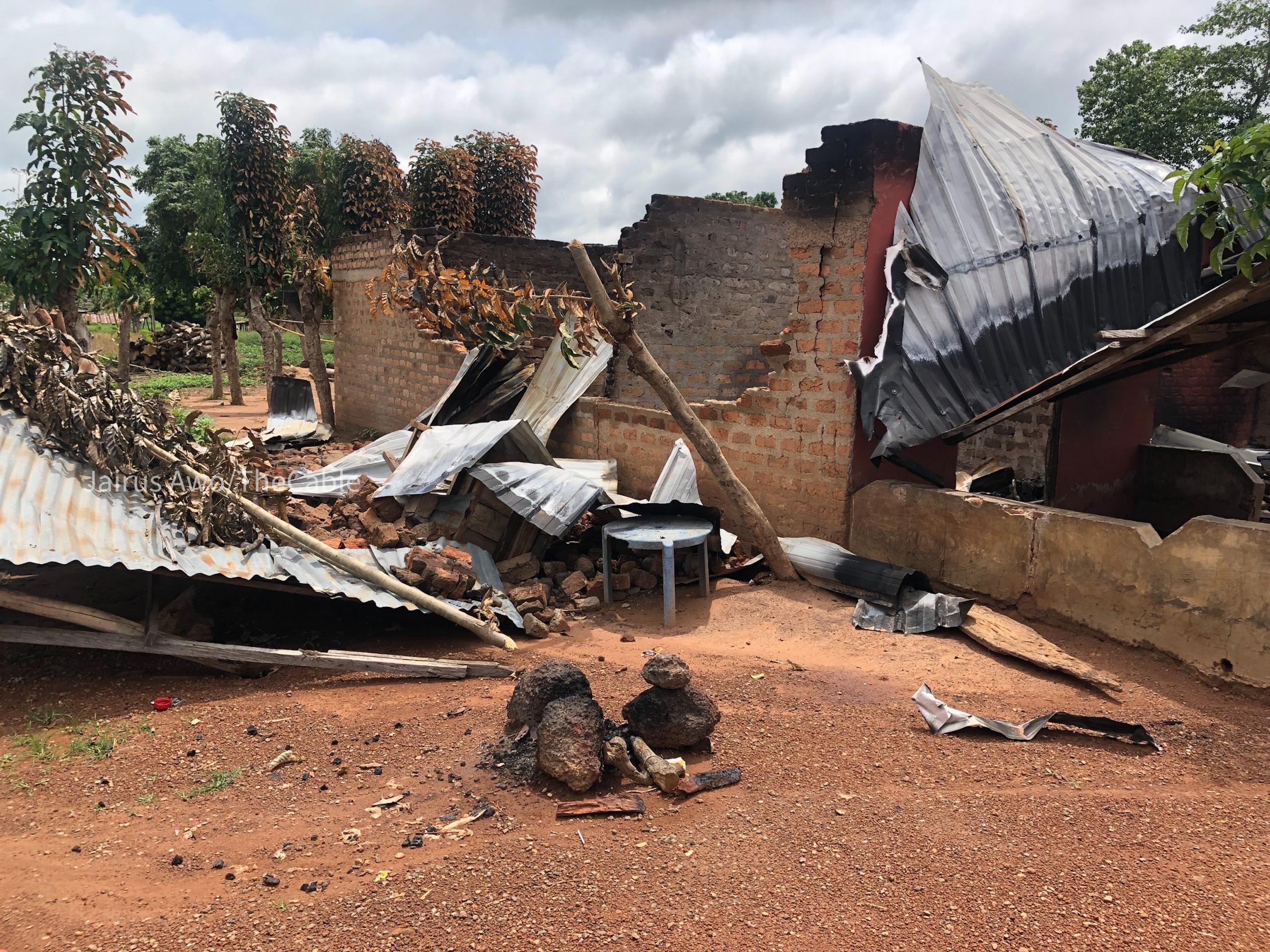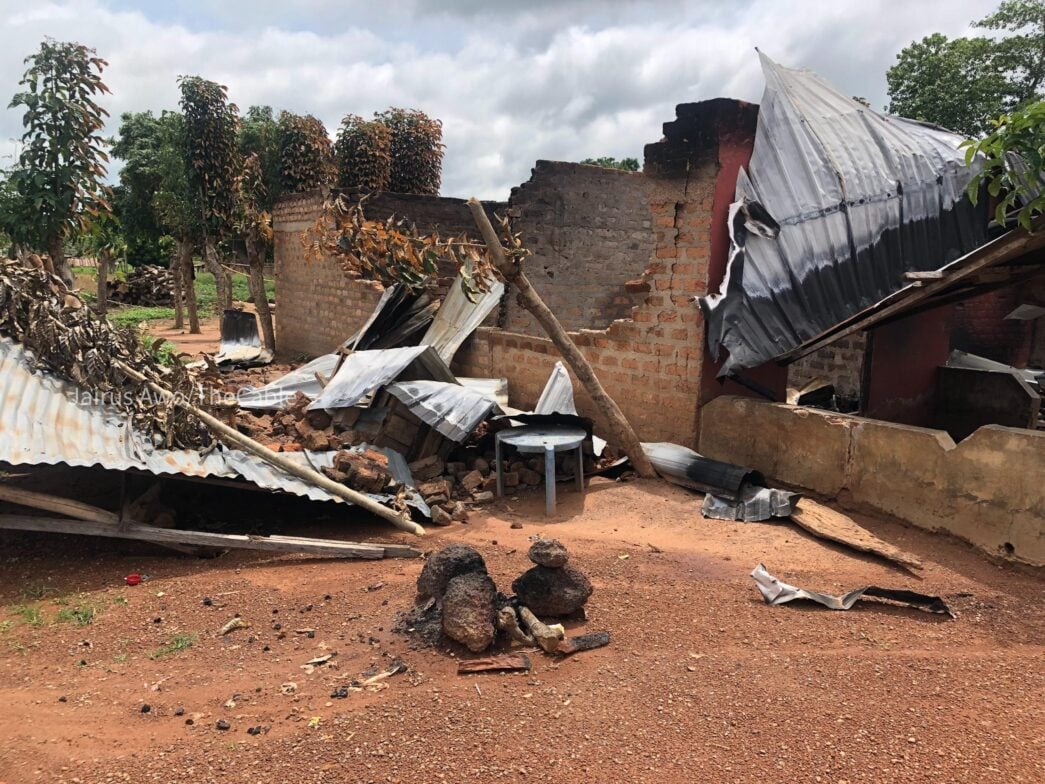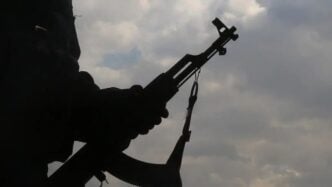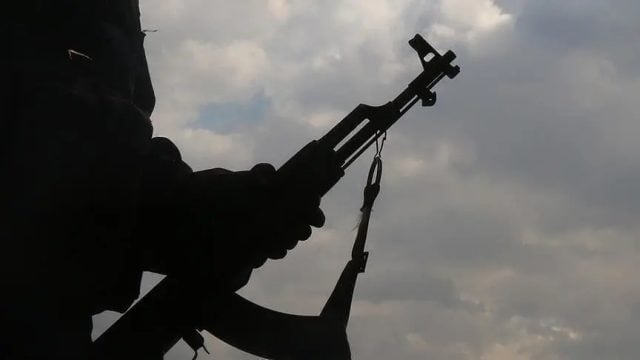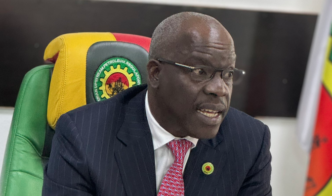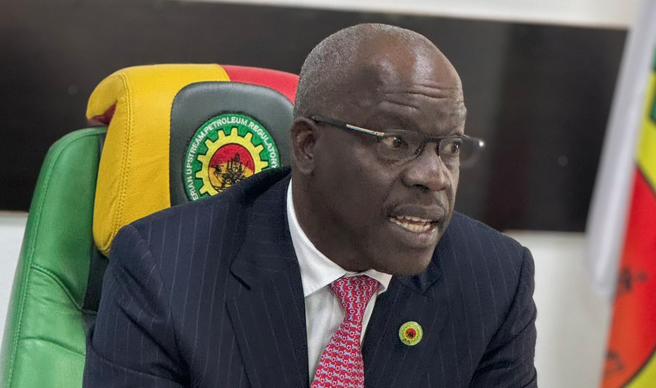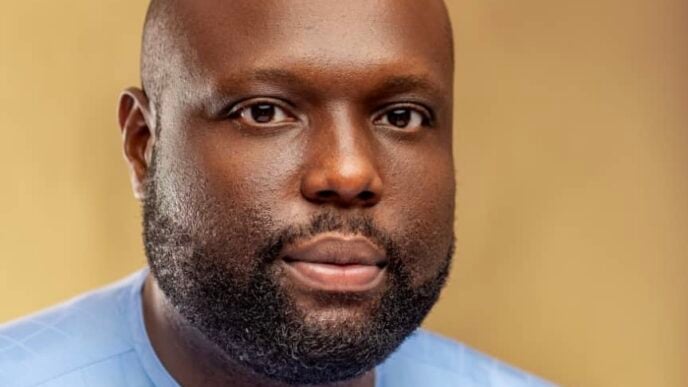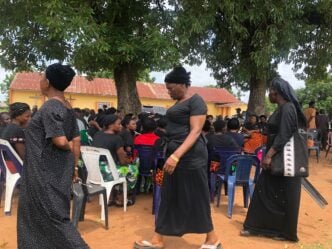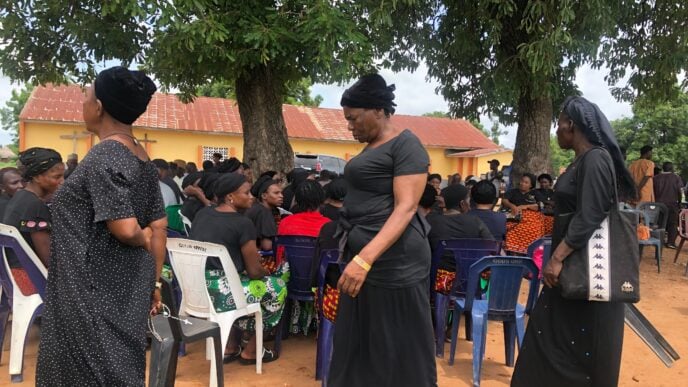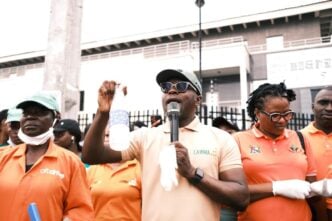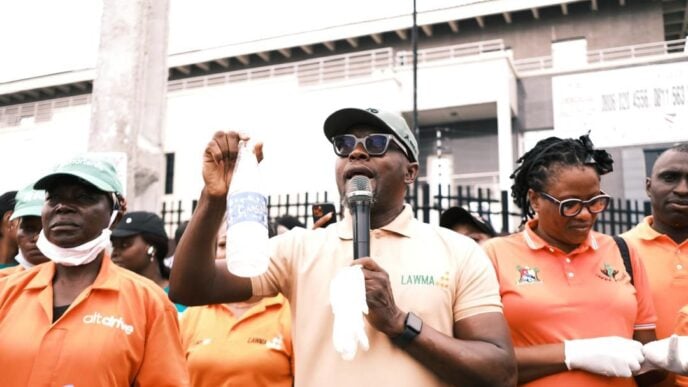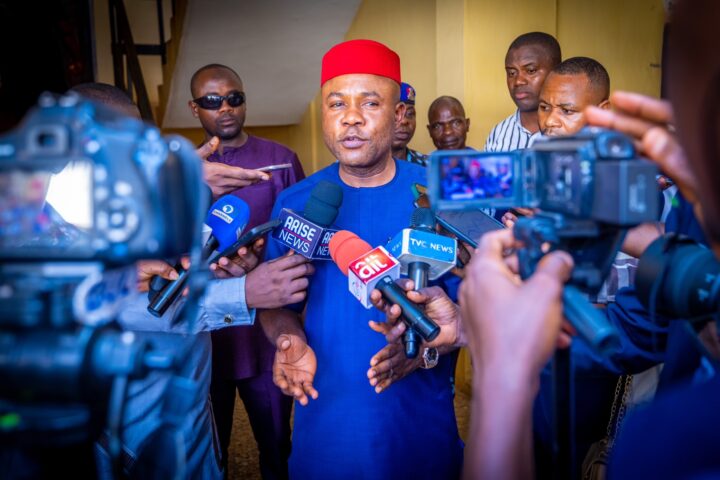BY ALABA ABDULRAZAK
The recent massacre in Benue state, where over two hundred lives were brutally extinguished within a single weekend, stands as a stark reminder of Nigeria’s deepening security crisis and the profound failure of leadership at every level.
The horrifying accounts from Yelewata—where entire families were set ablaze as they slept—are not mere statistics; they represent a damning indictment of a nation that has abandoned its most vulnerable citizens.
The recurring pattern of violence in Benue is tragically familiar. Year after year, communities are razed, thousands are displaced, yet Nigeria’s security architecture remains ineffective, plagued by corruption, poor coordination, and an alarming lack of accountability. Despite massive budgets, the agencies charged with protecting Nigerians have become synonymous with negligence and incompetence.
Advertisement
On the other hand, President Bola Tinubu’s response to this atrocity has been profoundly disappointing. While the nation mourned, his administration delayed issuing a statement for over twenty-four hours, and it took him five days to visit the state—an inexcusable delay that exposes the administration’s misplaced priorities. Even when he finally arrived, his visit was quickly transformed into a political spectacle, overshadowing the grief of survivors and the urgent need for justice and healing.
Rather than confronting the epicentre of the tragedy, Tinubu confined his visit to Makurdi, the state capital, engaging with local leaders and visiting a hospital, while conspicuously avoiding Yelewata—the site of the massacre. His promises of peace and justice rang hollow to those who had just buried their loved ones, many of whom had fled previous attacks and were still living in fear.
The conduct of Governor Hyacinth Alia was equally insensitive. Instead of demonstrating compassion, he declared a public holiday to welcome the president—a gesture so tone-deaf it borders on callousness amid mass graves and devastated communities. The governor’s focus on political ceremony rather than mourning with his people or demanding accountability reveals a profound lack of empathy on the side of a man who takes ‘security votes’ every month.
Advertisement
The security agencies have, meanwhile, exhibited a lamentably reactive posture. The belated arrival of the inspector-general of police and the deployment of tactical units came only after national outrage reached a fever pitch. This cyclical pattern—massacre, public outrage, delayed response—has ossified into the norm in Benue, fueling widespread frustration and anger.
The causes of this violence are complex, rooted in long-standing ethnic and religious tensions, land disputes, and the unchecked actions of armed herdsmen. Yet what remains unmistakable is the failure of leadership to act decisively, prosecute those responsible, or provide meaningful protection and support to displaced communities.
The rise of technology has complicated the situation further. Armed groups now exploit encrypted communications and drones to evade security forces. Yet, despite new laws and agencies, Nigeria’s borders—both digital and physical—remain vulnerable, and ordinary citizens bear the brunt of this weakness.
It is insufficient for the president to offer empty words or for governors to orchestrate ceremonial holidays. Benue needs justice—swift, transparent, and unwavering.
Advertisement
The perpetrators of this massacre must be relentlessly pursued and punished, not only for the victims’ sake but to restore trust in a government that has lost credibility.
The humanitarian impact is devastating. Over 6,500 people have been displaced, including children, pregnant women, and nursing mothers, all urgently needing food, water, and medical care.
The state’s response has been woefully inadequate, leaving survivors to cope with trauma and hardship unaided.
For too long, the Nigerian government has treated the suffering in Benue as an unfortunate but inevitable conflict. This fatalistic mindset must be rejected. The lives lost are not acceptable collateral damage—they are a national disgrace, and every leader who failed to act is complicit.
Advertisement
The international community must not avert its gaze. Nigeria’s leaders respond only under global scrutiny. Sustained pressure is imperative until genuine accountability, reform, and security are realised for all Nigerians, not just the privileged elite.
The killings in Benue transcend a local tragedy; they test Nigeria’s conscience. Will the nation continue to tolerate a security system that protects only the powerful? Will its leaders persist in placing political expediency above human lives?
Advertisement
If the answer is yes, Benue’s bloodshed will be only the beginning. If no, then a reckoning is overdue—one demanding justice for the fallen, compassion for the living, and a renewed covenant between the Nigerian state and its people.
The era of excuses has ended. The time for justice is now.
Advertisement
Views expressed by contributors are strictly personal and not of TheCable.
